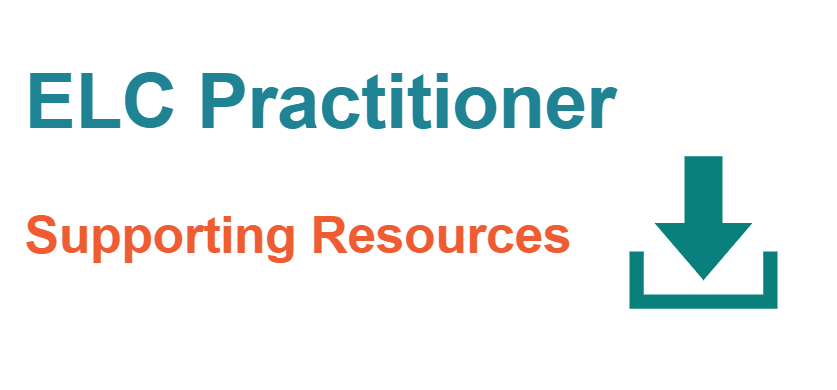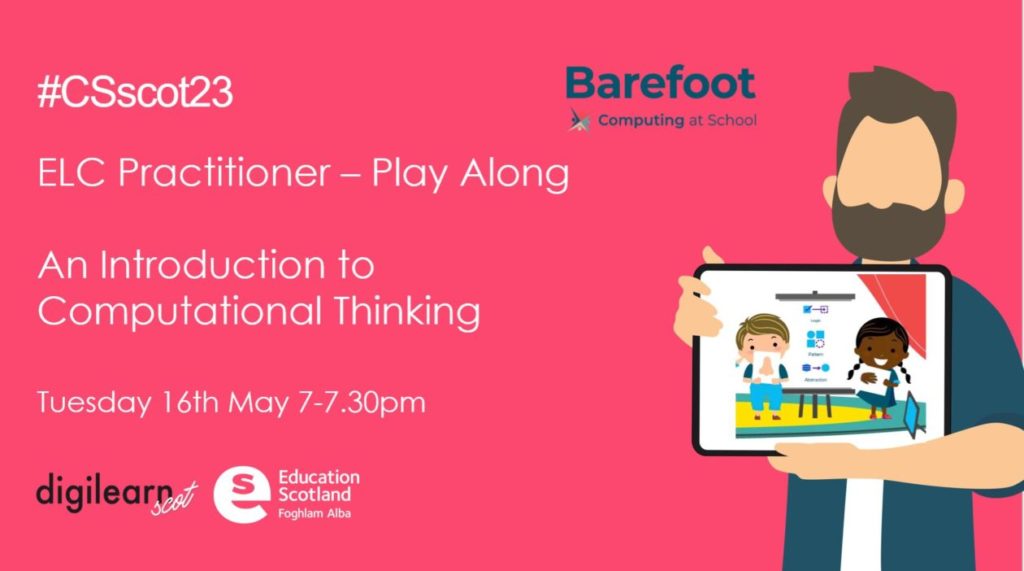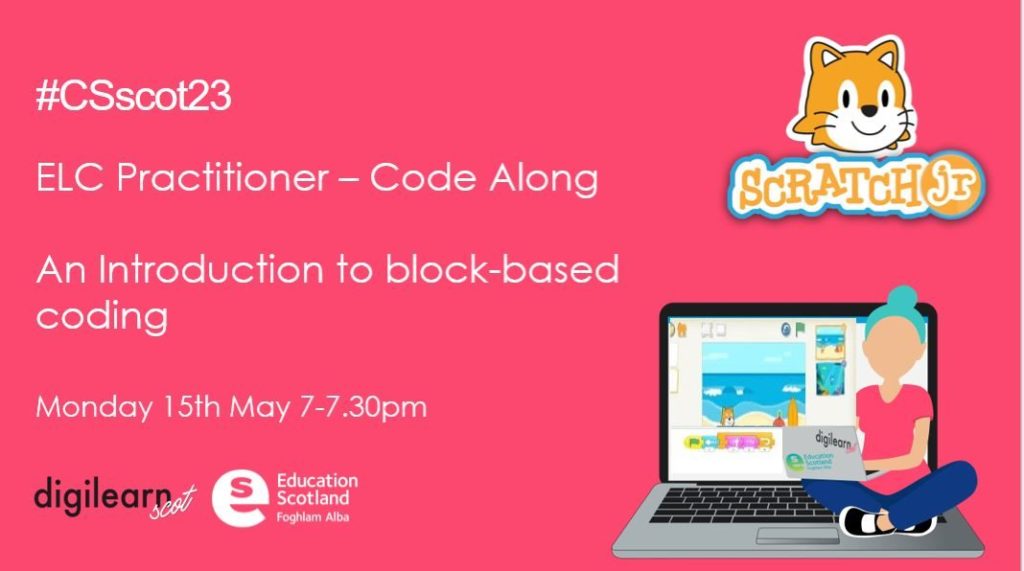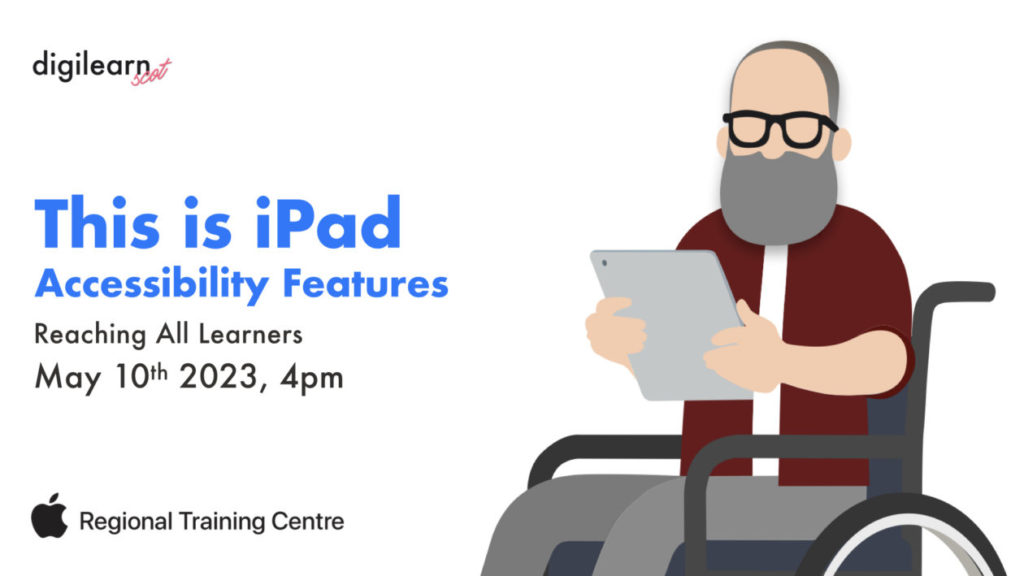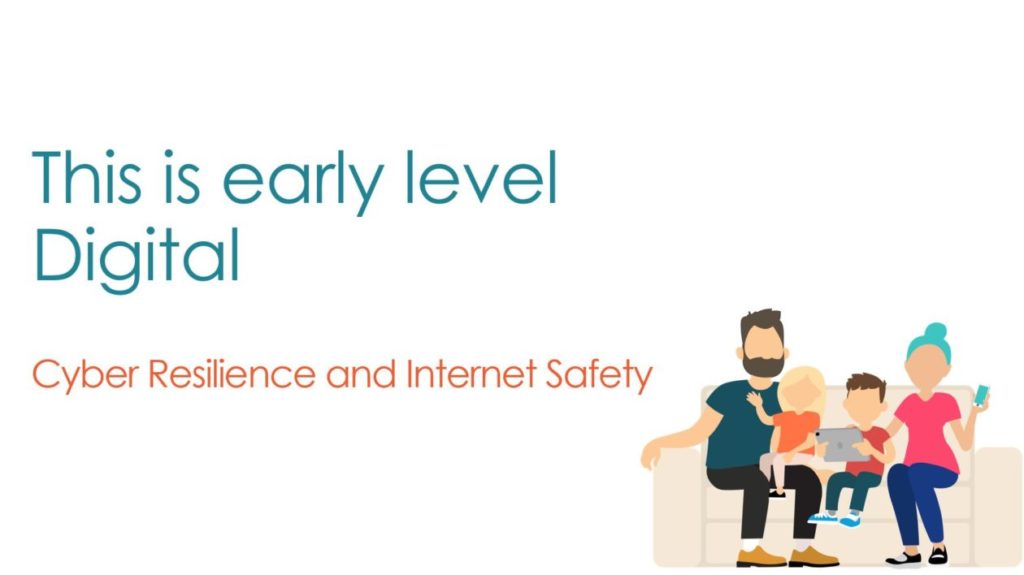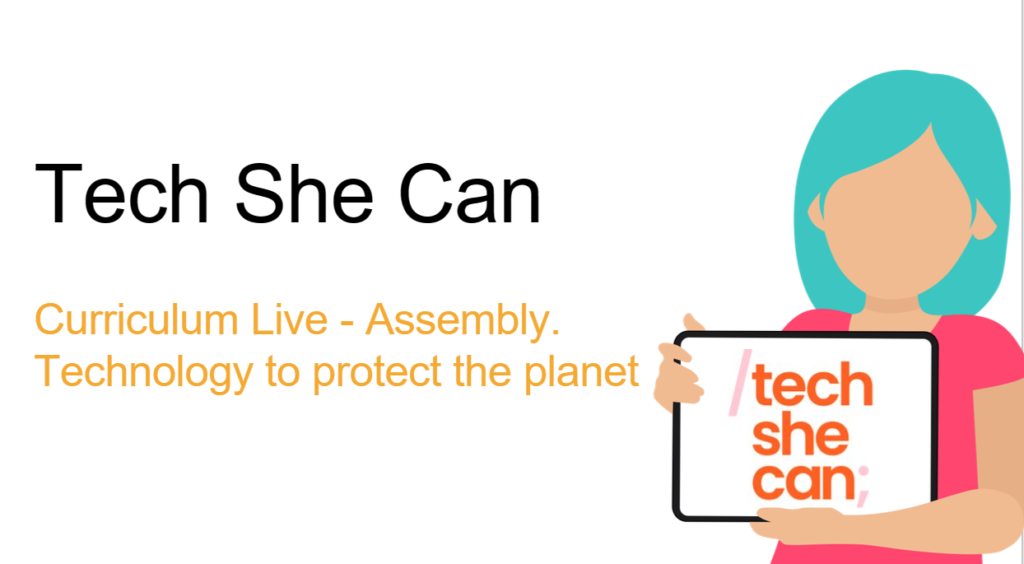When learning with and through technology, we pay close attention to digital literacy (living, learning, creating and searching with digital) and computing science early level experiences and outcomes, within the Technologies Curriculum.
As with literacy, numeracy and health and wellbeing, digital literacy should be placed at the heart of all learning, not only the technologies area of the curriculum.
Digital literacy outcomes could be met in any/all curriculum areas and so all practitioners can contribute to and reinforce them.

Our National guidance for self evaluation in ELC, in Scotland is How good is our early learning and childcare?
Learning with and through digital technology is highlighted throughout the guidance and Quality Indicator 3.3 reminds us that developing creativity and digital skills are significant skills for life and learning which children should increasingly be able to demonstrate as they grow and learn. Through high quality play and learning opportunities, children begin to understand the importance of these skills and apply them to their everyday learning.

Realising the ambition: Being Me, our National practice guidance for early years in Scotland, highlights the importance of digital technology to support practitioners to meet learners needs by bringing resources and experiences virtually, when planning to support children’s interests.
Digital technologies provide opportunities for us to design unique learning spaces for the children. Bringing resources and experiences virtually into the setting can lead learning well-beyond what was originally planned.

The Care Inspectorate have published a technology good practice guide to:
- highlight good practice that supports good outcomes
- help care services, their staff and Care Inspectorate staff to achieve positive experiences of digital technology to support care
- support care providers to better understand and offer good quality digital engagement.
Please see page 12 for an example of an ELC Case Study.

The SSSC have developed the online resource 23 Digital capabilities to support practice and learning in social and health services, to help social service workers develop their digital capabilities to support learning and practice.

